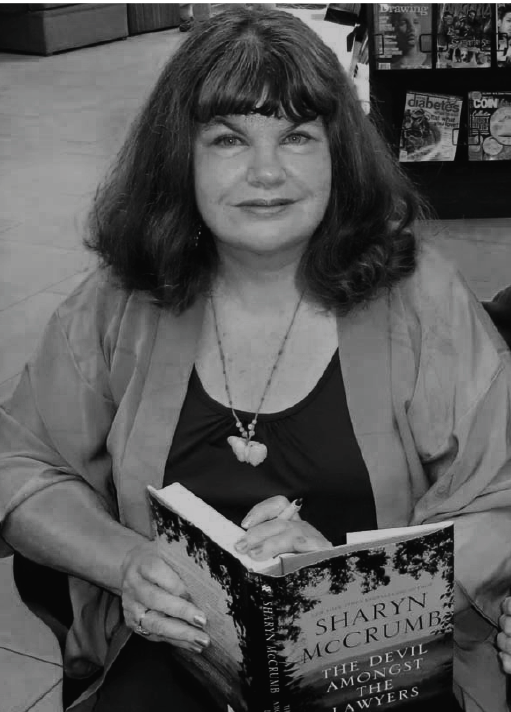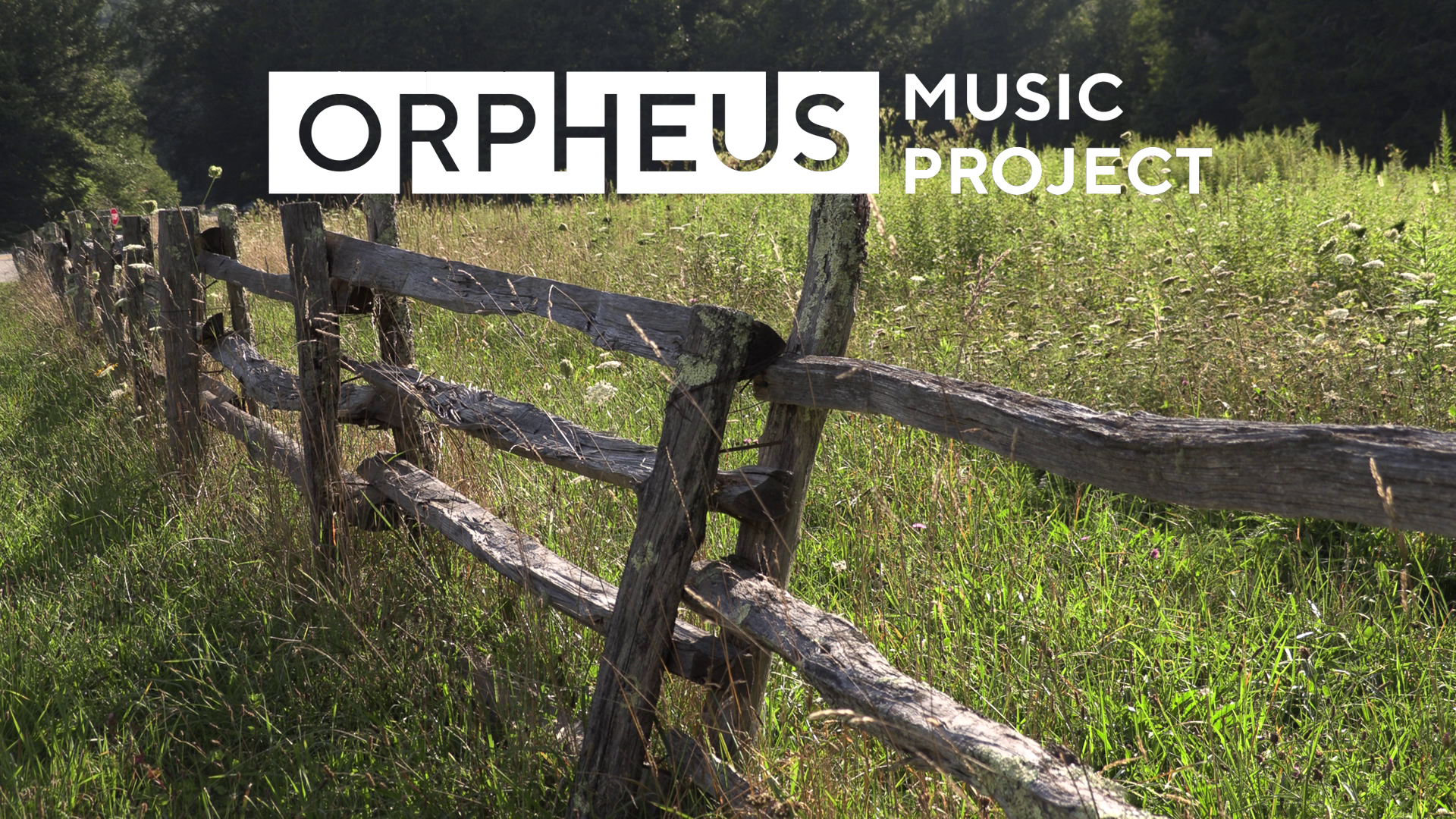The first project undertaken by Orpheus Music Project is an music drama adaptation of the historical novel “The Ballad of Frankie Silver” written by Sharyn McCrumb.

Compared to your other books, how do you feel personally about The Ballad of Frankie Silver?
It took the most time to research, because no books had ever been written about her, but since I had relatives in common with Frankie, and I knew the area, it was a familiar world for me. Frankie’s story seems to have resonated more deeply with readers and scholars than any of my other works. It is widely taught from middle schools to universities to law schools throughout the country.
During those years of researching Frankie’s story, what were the most stunning revelations, the ones that truly surprised or shocked you?
The most surprising thing to me was discovering the official correspondence proving that the governor of North Carolina had lied in order to keep from pardoning Frankie Silver. In response to petitions asking for clemency, Governor Swain pretended to think the execution had already taken place, knowing that it took six days to send and receive a reply from Raleigh to Morganton. By the time his letter reached Morganton and they could dispatch a reply to him, the execution would have been carried out. It was a political move, of course. Women couldn’t vote, so why pardon a husband killer? But by “mistaking” the date, he could claim that his withholding of a pardon was accidental.
Can you briefly describe how your Ballad Novels series came to be? Was it your idea, a publisher’s, a natural outgrowth, or from somewhere else?
The Ballad series was entirely my idea. The titles of the novels all came from songs, and the plots of the books– like ballads– told a story intended to resonate with the audience and to inspire them to make connections with similarly themed situations: e.g. pollution in “The Hangman’s Beautiful Daughter,” or the issue of capital punishment in “The Ballad of Frankie Silver.”
Thanks to your novel there is now widening interest in Frankie’s life story beyond the literary world. Did you foresee this happening? Does it please you?
I think the story of Frankie Silver has powerful themes that make people want to interpret the story in their own creative medium. My novel was adapted as a play; readers have made quilts illustrating the story; singers have recorded the once obscure ballad; there have been paintings illustrating scenes from her life; Now this work of classical music by Craig Carnahan and Craig Fields based on the requiem mass will share her story with new listeners. I am not surprised, because I always felt the power of that story, but I am pleased that people care today about a young girl who died in 1833 without even a funeral to commemorate her life. I wish she could know that she is remembered, and finally mourned.
